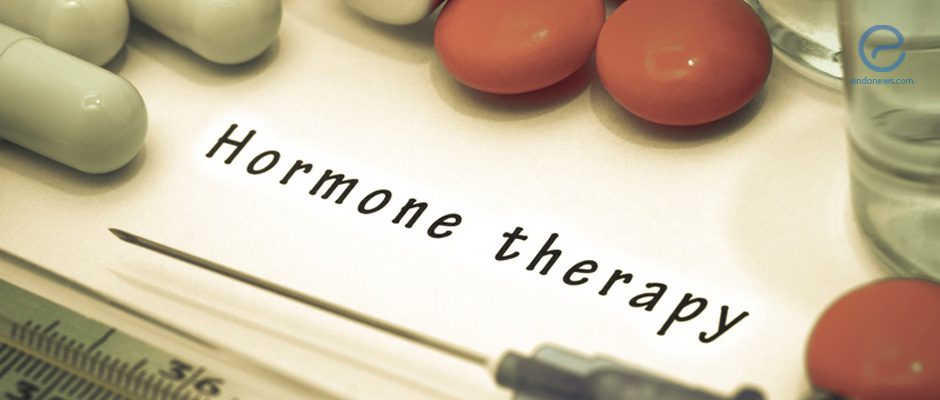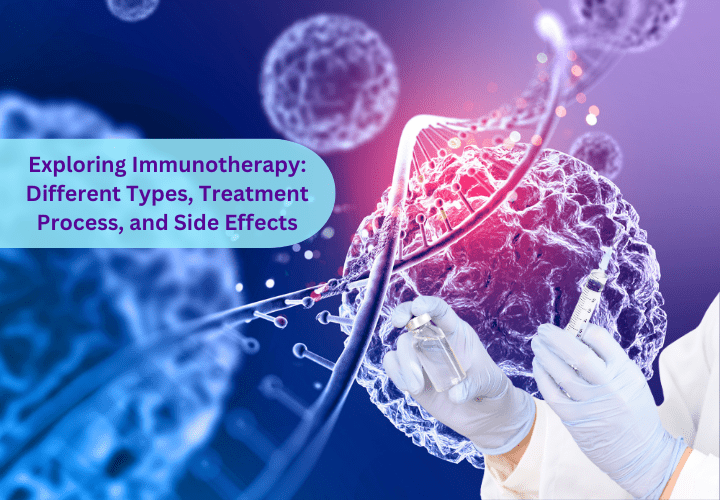Hormone Therapy for Prostate Cancer

Hormone Therapy for Prostate Cancer
- onco
- March 30, 2022
Androgen suppression therapy is also known as hormone therapy with the goal to reduce the number of male hormones in the body, known as androgens, or to prevent them from boosting prostate cancer cells.
Androgens promote the growth of prostate cancer cells. The two most important androgens in the human body are testosterone and dihydrotestosterone (DHT). The testicles produce the majority of androgens, but the adrenal glands (glands located above the kidneys) and prostate cancer can also produce a significant amount.
Lowering androgen levels or preventing them from entering prostate cancer cells causes prostate cancers to shrink or grow more slowly for a period of time. Prostate cancer cannot be cured by hormone therapy.
When should hormone therapy be used?
Hormone therapy can be used to treat the following conditions:
- If the cancer has spread too far for surgery or radiation to cure it, or if you’re unable to receive these treatments for any other reason,
- If the cancer persists or returns after surgery or radiation therapy,
- Along with radiation therapy as the initial treatment, if you’re at a higher risk of the cancer returning after treatment (based on a high Gleason score, high PSA level, and/or cancer growth outside the prostate),
- you may be given chemotherapy before radiation to try to shrink the cancer and make treatment more effective.
Types of Hormone Therapy Treatment
Prostate cancer can be treated with a variety of hormone therapies:
Lowering testicular androgen levels through treatment
Androgen deprivation therapy involves the use of surgery or medications to reduce the levels of androgens produced in the testicles.
Orchiectomy
Orchiectomy is a surgical procedure that removes the (surgical castration) testicles, which produce the majority of androgens (such as testosterone and DHT). Most prostate cancers stop growing or shrink as a result of this.
LHRH agonists
LHRH agonists (also known as LHRH analogues or GnRH agonists) are medications that reduce the amount of testosterone produced by the testicles. Because these drugs lower androgen levels just as well as orchiectomy, they are sometimes referred to as medical castration.
Treatment to reduce androgen levels produced by the adrenal glands
Although LHRH agonists and antagonists can prevent the testicles from producing androgens cells in other parts of the body, such as the adrenal glands and prostate cancer cells, can continue to produce male hormones, which could boost cancer growth in body.
Abiraterone (Zytiga)
It inhibits the activity of an enzyme (protein) called CYP17, which prevents these cells from producing androgens and can be used to treat advanced prostate cancer in men who are either:
- High danger (cancer with a high Gleason score)
- Resistant to castrate (cancer that is still growing despite low testosterone levels from an LHRH agonist, LHRH antagonist, or orchiectomy)
Ketoconazole (Nizoral)
It was originally used to treat fungal infections, also inhibits the production of androgens in the adrenal glands, similar to abiraterone. It’s most commonly used to treat men who have recently been diagnosed with advanced prostate cancer.





Leave a Reply